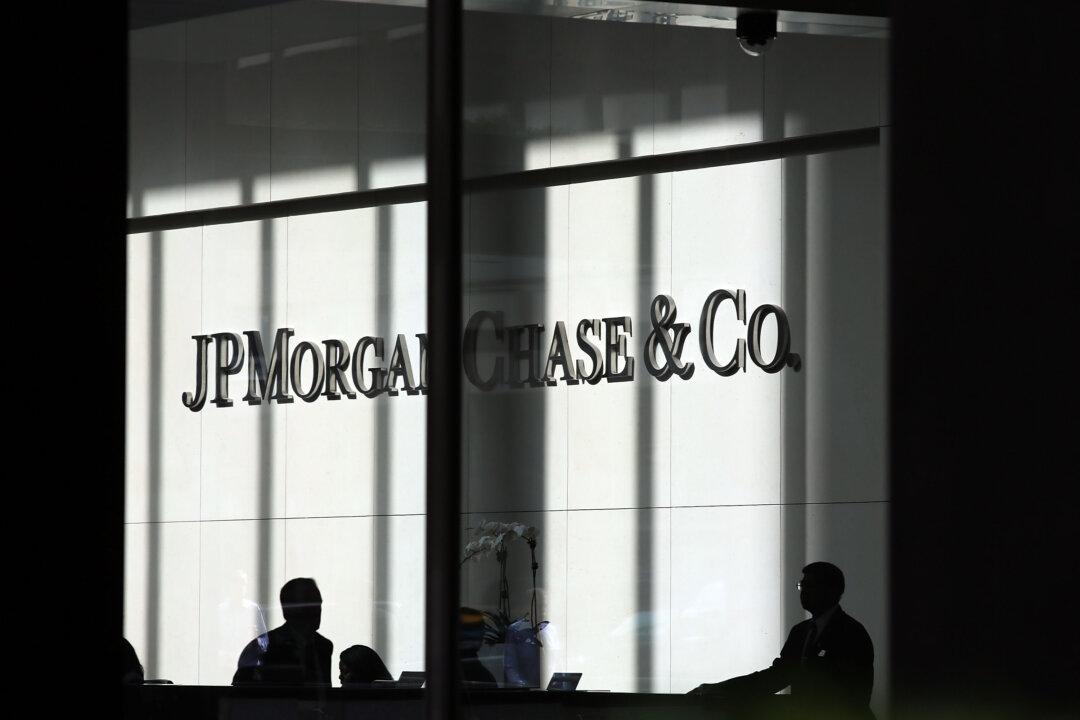JPMorgan Chase has agreed to pay $75 million to the U.S. Virgin Islands (USVI) to resolve a lawsuit over the role the bank allegedly played in Jeffrey Epstein’s sex trafficking scheme.
The settlement includes $30 million to support local charities, $25 million to strengthen law enforcement to combat human trafficking, and $20 million for attorney’s fees, the New York City-headquartered bank said Tuesday.





